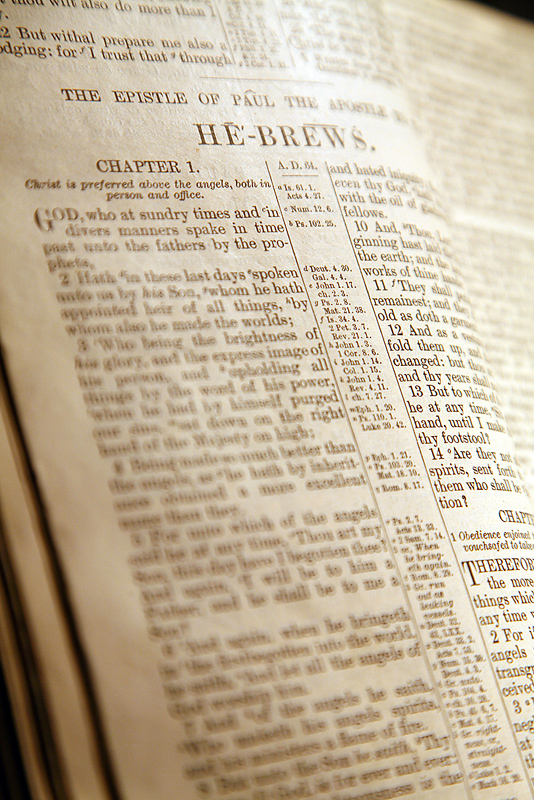[The following is excerpted from a larger work by the same author entitled, “Can You Trust the New Testament Canon as YHVH’s Divine Word?” This work is available upon request and will be posted on our web site.]
The Uniqueness of the Bible
The Bible. There has never been any book like it. Its authors included kings and peasants and it was written over a span of 1500 years and 40 generations by 40 authors writing from palaces to jail cells. It was first translated into a foreign language circa 250 B.C. and has since, in whole or in part, been translated into several thousand languages or dialects. It has survived time. Though printed on perishable materials and recopied countless times over the past 2000 years by hand and by press, the main style and message of this book has never changed. The Bible has withstood vicious attacks of its enemies as no other book. Since Roman times, governmental and religious authorities have tried to ban it, burn it and outlaw it, but to no avail. It is still the most widely published and read book of all time (McDowell, pp. 13–24). Why?
Many have willingly given their lives to translate it, smuggle it, distribute it, preach its message or even simply possess a copy of it. Why? More than two billion people on earth today, about one-third of earth’s population claim to be followers of the Bible. Why? Nearly 50,000 people are currently martyred each year for refusing to budge from their faith in the Bible’s message. Why?
The answer is simple. Regardless of the language into which the Bible has been translated, regardless of the liberal or conservative biases of the translators, one thing is certain: The redemptive and salvation message of the Bible always comes through. It is a life-changing message of hope. Why? Because its pages contain words that have the power to change lives dramatically for good, for eternity. Why? Because these words are Continue reading





